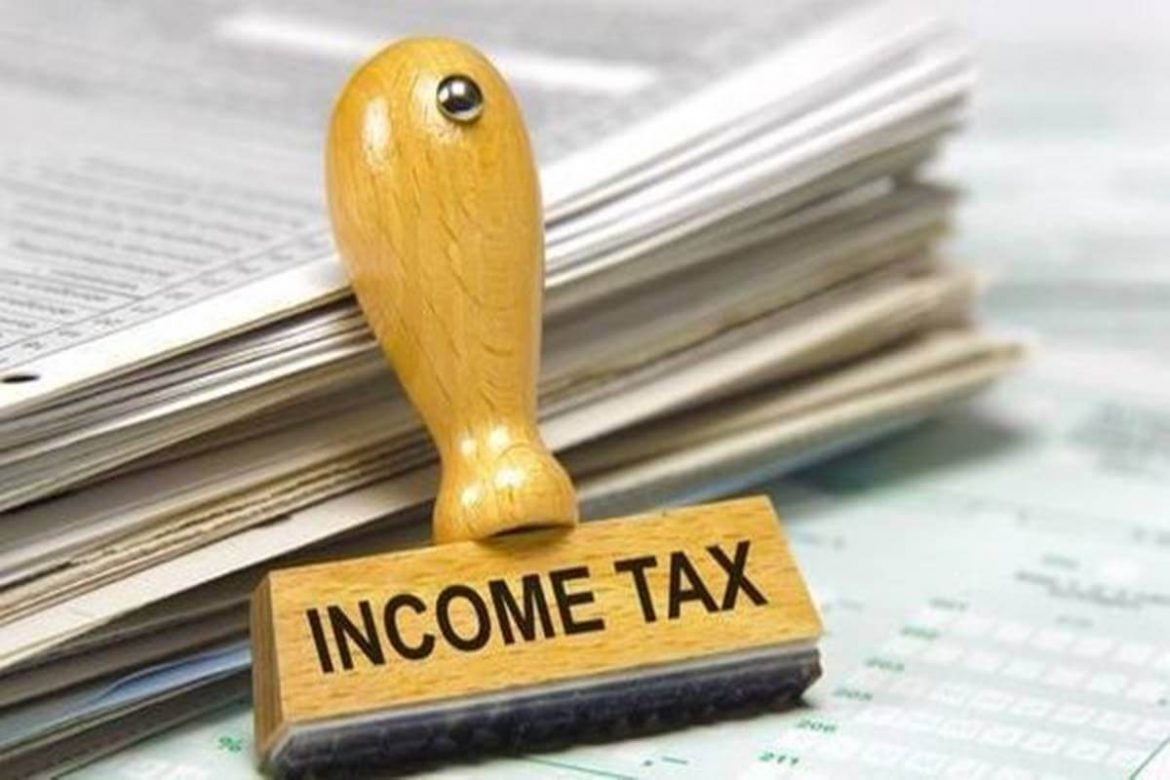The new financial year (FY) 2023-24 will begin on April 1 and the announcements made by Union finance minister Nirmala Sitharaman in the annual Feb 1 Union budget will come into effect as soon as FY23 kicks in. It is, however, the changes to income tax rules, that will affect taxpayers the most. Here are, therefore, the 10 major income tax rule changes effective from April 1:
(1.) Default tax regime: As announced by the finance minister, the new tax regime will be the default regime if, while submitting returns, a person does not state which of the two regimes – old or new – will they submit the return under.
(2.) Tax rebate limit raised: The rebate limit has been increased from ₹5 lakh to ₹7 lakh. This means that an individual who has a salary of less than ₹7 lakh a year, need not make investments to claim exemptions.

(3.) Standard deduction: The deduction of ₹50,000 under the old regime remains unchanged. This facility has now been extended to the new regime, and, therefore, a salaried person with an yearly income of ₹5.15 lakh or more, will benefit by ₹52,500. (4.) Income tax slabs: The new tax rates are:
Yearly salary up to ₹3 lakh: Nil
₹3 lakh- ₹6 lakh: 5%
₹6 lakh to ₹9 lakh: 10%
₹9 lakh to ₹12 lakh: 15%
₹12 lakh to Rs15 lakh: 20%
Above ₹15 lakh: 30%
(5.) LTA: The leave travel allowance encashment limit, which was ₹3 lakh since 2002, now raised to ₹25 lakh.
(6.) No LTCG tax benefits: Investment in debut mutual funds will be taxed as short-term capital gains, instead of the existing long-term capital gains. This means investors will no longer have access to long-term tax benefits.
(7.) Market-linked debentures: Post April 1, investment in MLDs will be short-term capital assets. According to experts, the impact of such a move on the mutual fund industry will be ‘slightly negative.’ (8.) Life insurance policies: Proceeds from life insurance premium over the annual premium of ₹5 lakh, will be taxable.
(9.) Benefits for senior citizens: Maximum deposit limit under senior citizens savings scheme extended to ₹30 lakh from ₹15 lakh, to ₹9 lakh from ₹4.5 lakh and to ₹15 lakh from ₹7.5 lakh for monthly income scheme (single and joint accounts respectively).
(10.) Physical gold conversion: There will be no capital tax gain if physical gold is converted to Electronic Gold Receipt (EGR), or vice-versa.
👉 Click here to read the latest Gujarat news on TheLiveAhmedabad.com





